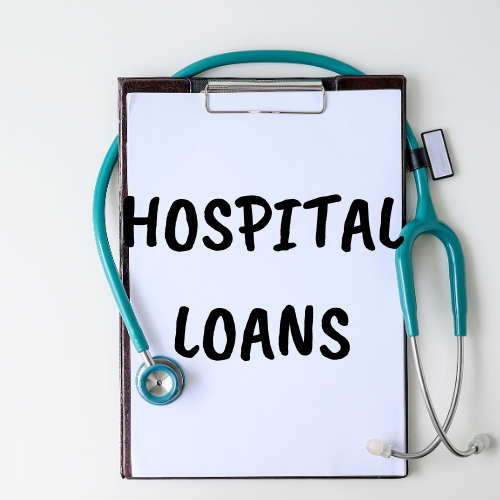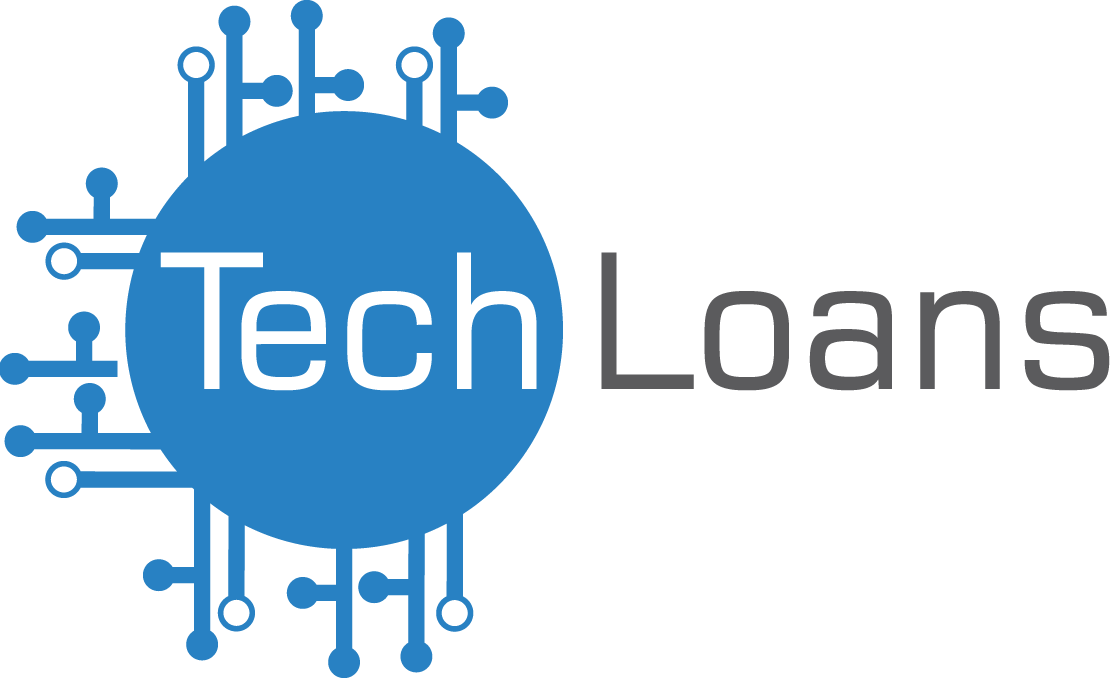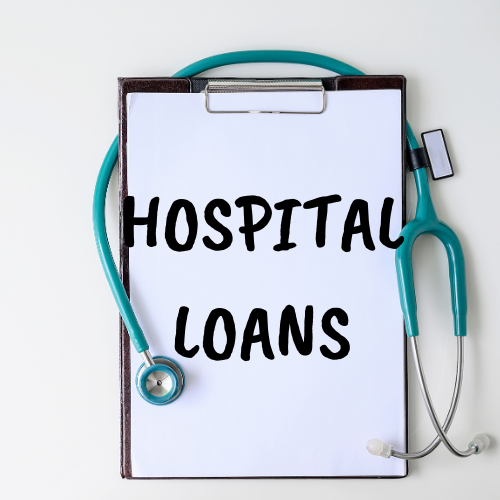In the ever-evolving landscape of healthcare, hospitals play a critical role in providing essential services to communities. However, running a hospital is a complex endeavor that requires significant financial resources. From acquiring advanced medical equipment to expanding facilities and hiring qualified staff, hospitals face numerous financial challenges. In such situations, hospital loans can be a lifeline, providing the necessary funding to support their operations and growth.
Understanding Hospital Loans
Hospital loans are specialized financial instruments designed to cater to the unique needs of healthcare facilities. These loans are specifically tailored for hospitals, clinics, medical centers, and other healthcare institutions, providing them with the capital required to meet various financial objectives. Hospital loans can be used for a wide range of purposes, including:
- Equipment acquisition
- Infrastructure development
- Operational expenses
- Technology implementation
Benefits of Hospital Loans
- Financial flexibility: Hospital loans provide medical institutions with the necessary capital to pursue growth opportunities or address financial challenges without exhausting existing resources. This flexibility allows hospitals to make strategic decisions and allocate funds where they are most needed.
- Improved patient care: By accessing loans for equipment upgrades and infrastructure development, hospitals can enhance their capabilities, resulting in improved patient outcomes and higher satisfaction rates. Advanced medical technologies and modern facilities contribute to delivering state-of-the-art healthcare services.
- Competitive advantage: In an increasingly competitive healthcare market, hospitals need to stay ahead by offering cutting-edge services. Loans enable them to invest in the latest technologies, attract top medical professionals, and provide superior patient experiences, giving them a competitive edge.





























